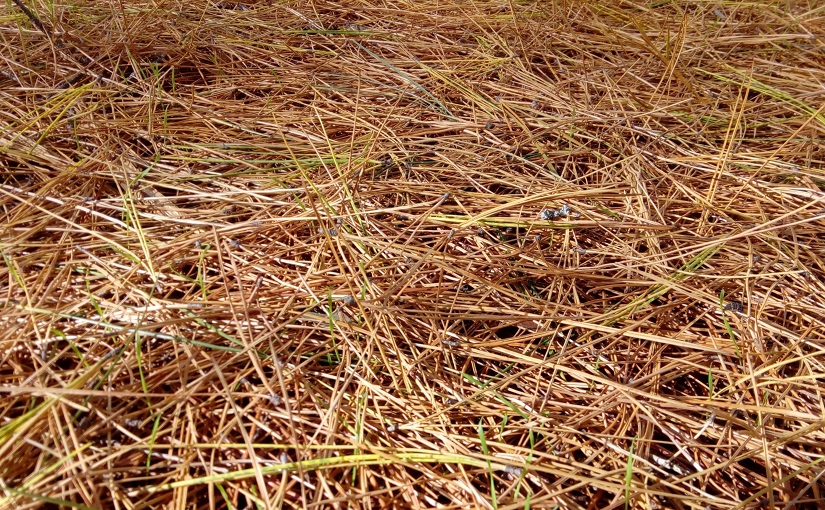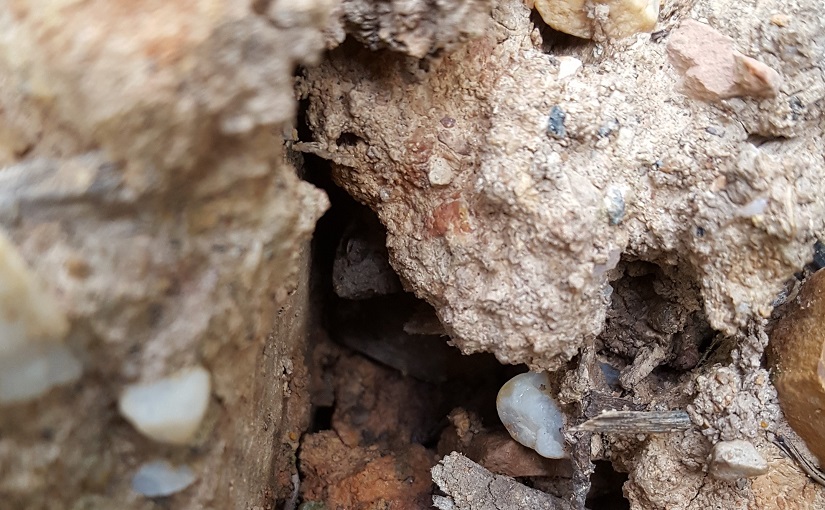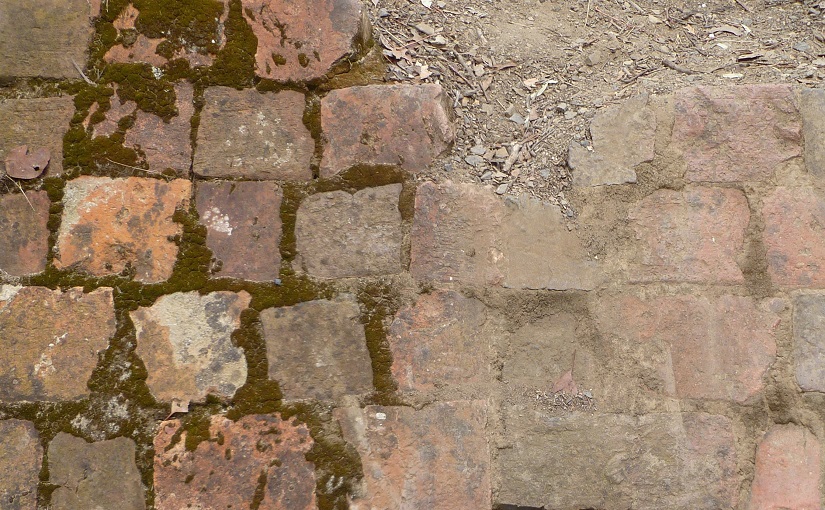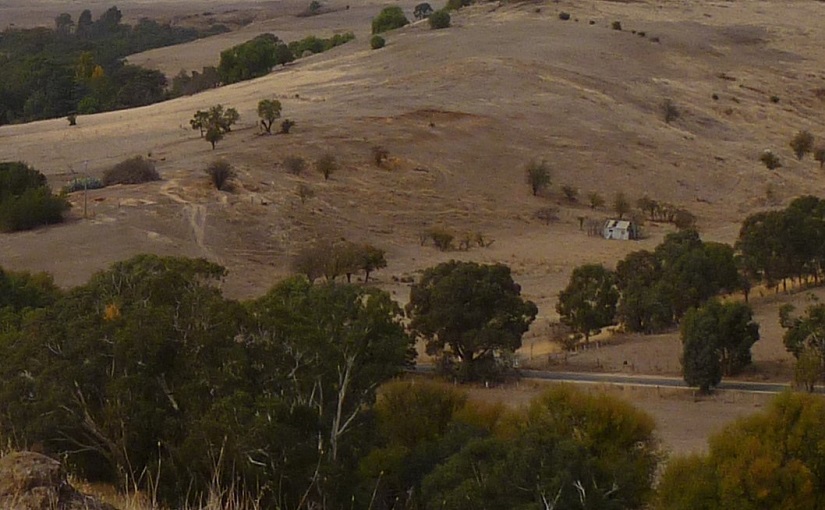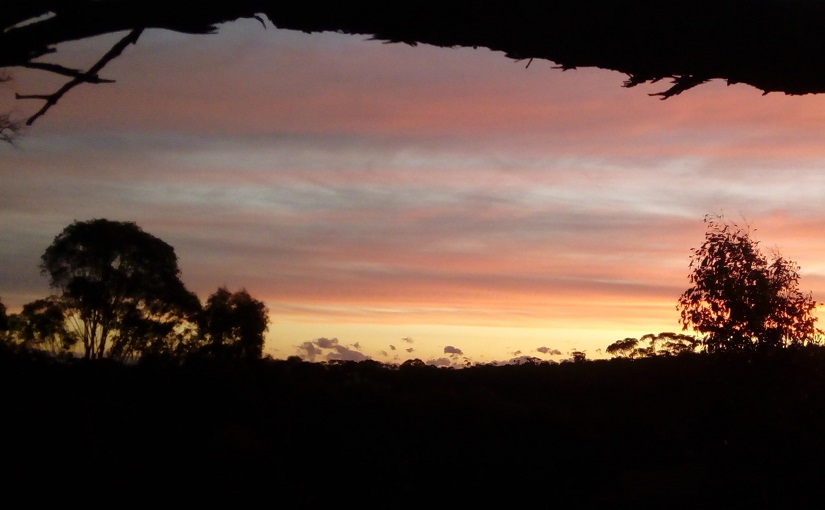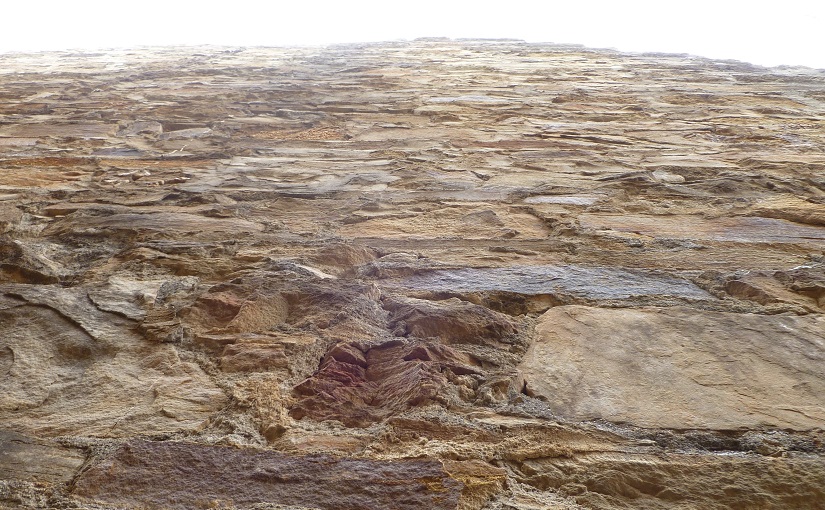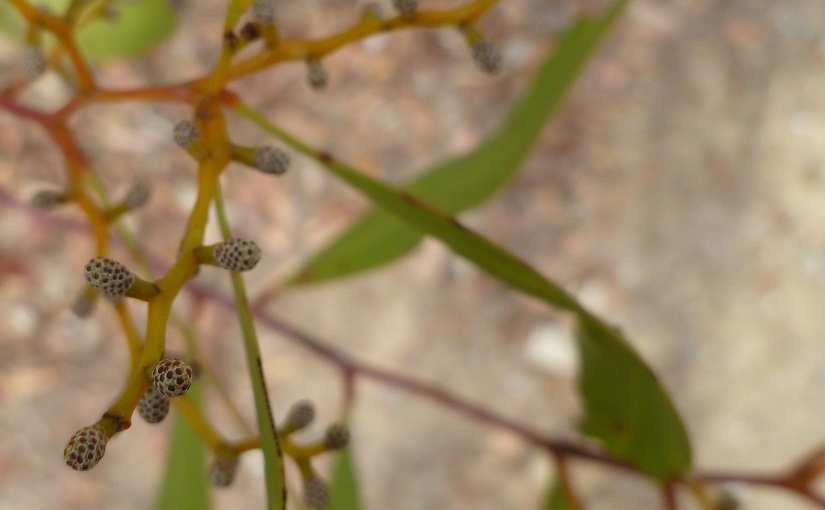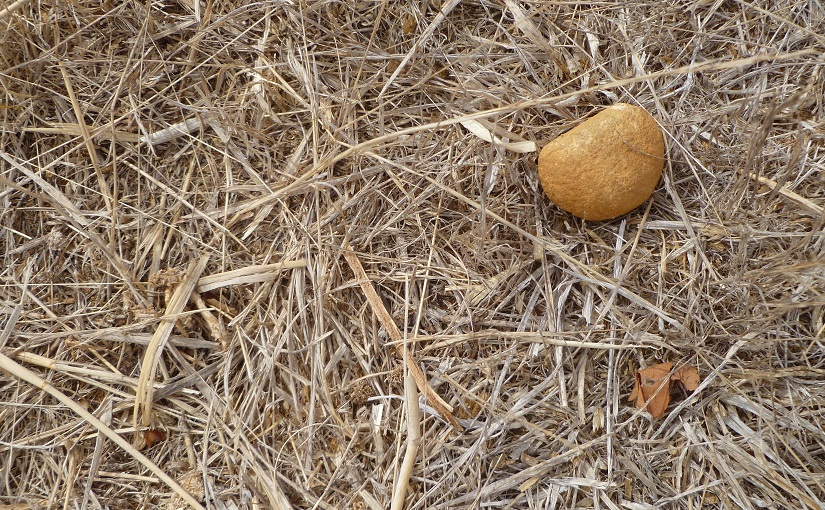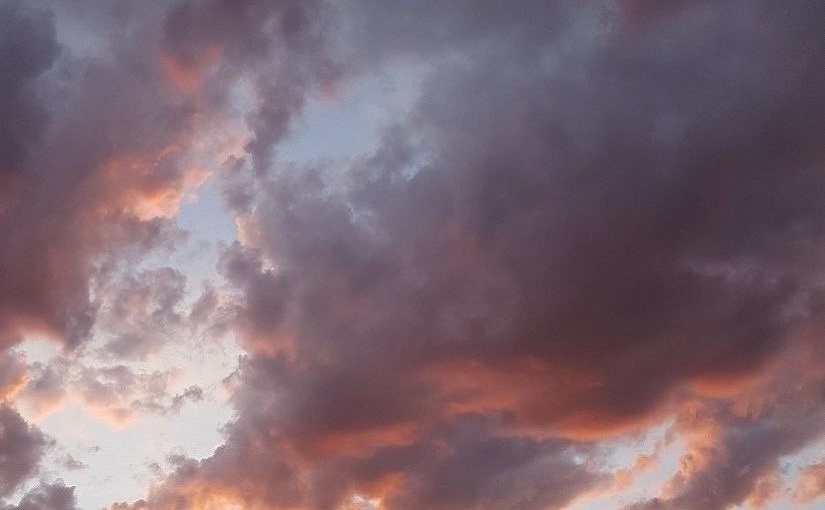What “is” the best way of approaching life? Getting stuck into what’s around us or shifting out to gain perspective on issues affecting us all? In light of how, with greater or lesser awareness, all that we do feeds into complex global systems, whether we’re focussing on the immediate or the remote seems a pertinent question.
In practical terms, our agency’s perhaps most effective within our immediate environment. There, we operate within very real communities where our words and choices offer a living example of the impacts we’re all making (Notes One). How we live day to day, the attitudes and values we’re bringing to bear, paints a clear picture of what we see as important.
But then, without a sense for the bigger picture – ways all those actions form part of larger systems with impacts felt around the planet – we surely risk ploughing on in damaging ways, claiming we didn’t know. If we don’t think on the global scale, stretching our imagination to encompass the rippling consequences of accumulated small-scale choices, we’re perhaps not quite taking full responsibility for our lives.
Presumably, though, that’s a fairly recent way of thinking? Before the widespread application of modern technology, our choices likely didn’t create such coordinated impacts and, equally, we didn’t have the means to know of global trends and realities. Such awareness can only have arisen alongside all the processes of Western globalisation that began setting things up to work this way.
It’s intriguing how in the last hundred years or so the world’s been wrapped around by these ways of operating that, effectively, link all our lives into this very intimate, powerful, responsive web of interrelationships. Decisions made locally, by every household, feeding into social trends that bear extremely real consequences for communities, industries and ways of life in completely different areas of the globe.
That’s a lot to get our heads around as we go about our daily lives. On top of all the ways “modern life” is straining our own communities and relationships, it’s tying our actions into this almost-unimaginable set of realities we’re arguably also responsible for. It must be a completely new way to be human? And, potentially, completely overwhelming (Notes Two).
As an idea, then, “think globally, act locally” seems a great framework for awareness and agency: understanding what our choices feed into, we can begin operating intentionally on that level; seeing the importance of community-based actions, we can behave more deliberately there. Knowing we make a difference – that, despite time or distance, it all adds up – seems a powerfully realistic perspective on life.
But how manageable is this? Every choice weighed down with global ramifications, every area of life becoming a context for debate or action, seems a recipe for overwhelm. Who’s ready to bring acute awareness to every aspect of their existence? It’s the human mind turned inside out, seeing itself as part of a planetary whole. It’s a lot to take in. But it’s also the world we’re now living in.
Notes and References:
Note 1: “The Spirit of Community”
Note 1: All we want to do passes through community
Note 1: Passivity, or responsibility
Note 1: Invisible ties
Note 2: One thing leads to another
Note 2: Matt Haig’s “Notes on a Nervous Planet”
Note 2: Does anything exist in isolation?
Note 2: How important is real life?
Note 2: And, how much can we care?
Another post looking at how the scope of our ideas might inform everyday living was The sense of having a worldview.

